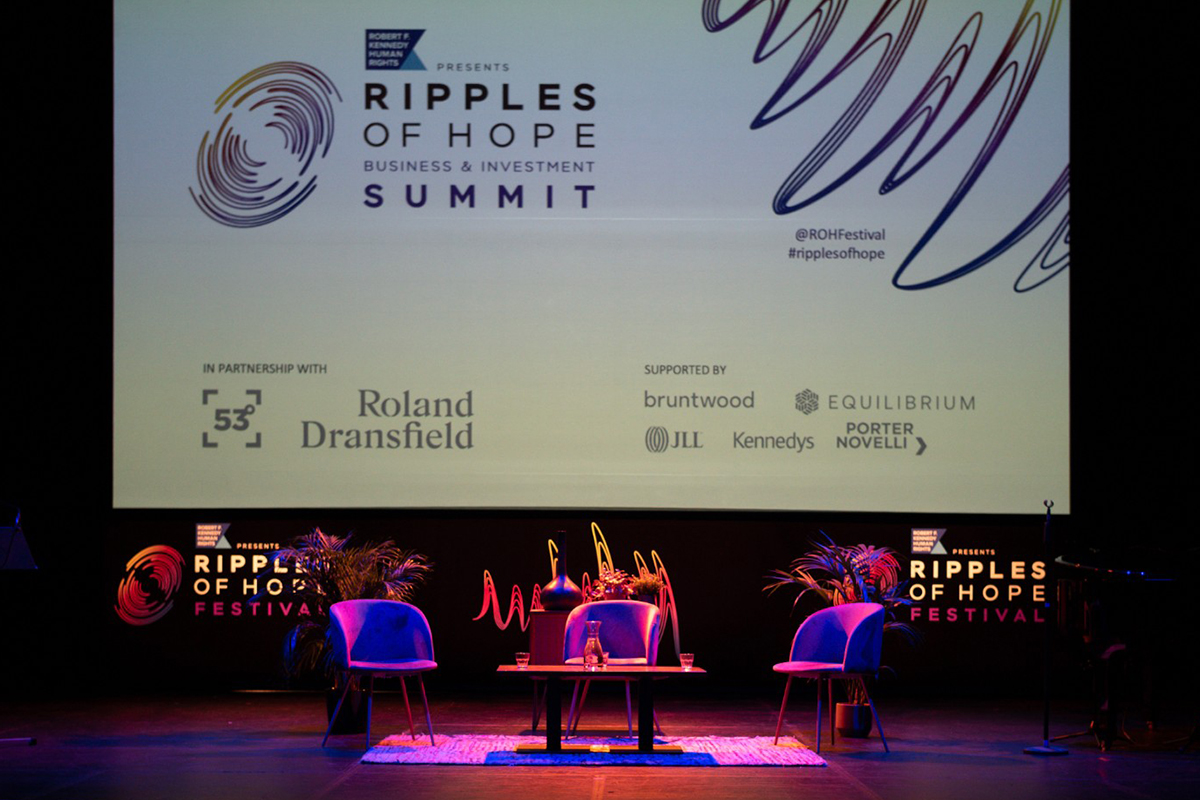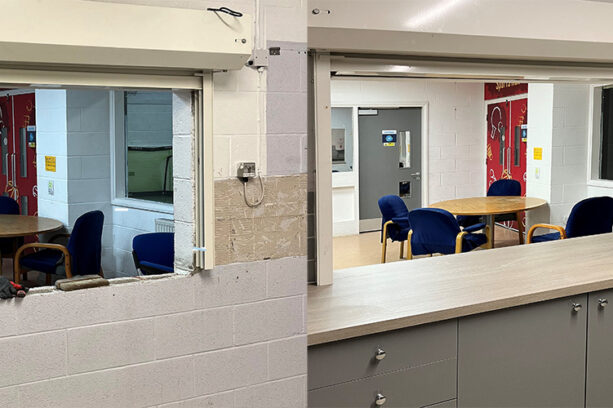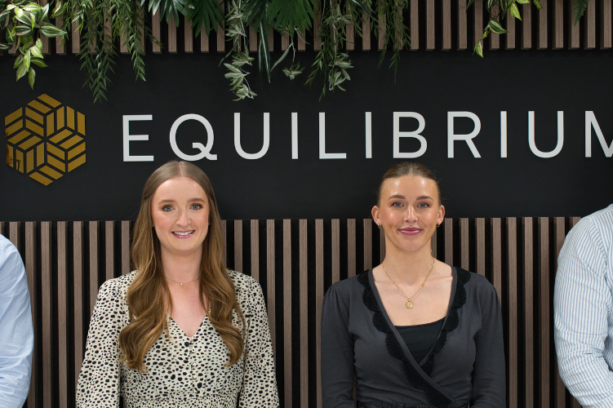Responding to the unprecedented

Learnings from business leadership during the COVID crisis
The COVID-19 pandemic has changed everything: exposing the injustices and shortcomings of our society locally and globally. It has also reminded us how much we share, how deeply interconnected we are and that the decisions we take shape our reality.
It has also thrown up unique challenges to leadership. And that is why on Tuesday Equilibrium’s Managing Partner, Gaynor Rigby joined the panel discussion hosted by Robert F. Kennedy Human Rights who brought together senior decision-makers for a webinar conversation.
Here is a written summary, originally written by Paul Lindley (Founder of Ella’s Kitchen & Chair, Robert F. Kennedy Human Rights UK )& posted on www.paullindley.uk
Before breaking out into workshop groups, we heard from:
- Matt Atkinson, Chief Membership Officer, The Co-operative Group
- Gaynor Rigby, Managing Partner, Equilibrium
- Vikas Shah MBE, CEO, Swiscot Group
Each spoke about their general experiences of the last few months, and then focused particularly on how they looked after their people, connected with their customers and showed up in the community.
My big takeaway came from a common concept that very quickly emerged: the idea that a businesses’ ‘social obligation’ must sit on an equal footing to legal and financial obligations. Seeing the purpose of a company through this lens, driving decisions and actions, and directing corporate focus, reminded me so much of Robert Kennedy’s presidential campaign and how his ‘moral imagination’ captured the full range of possibilities and actions open to leaders from the perspective of the lead and their ethical expectations and needs. It felt energising to see the similarity and catch a glimpse of moral imagination thriving in business, in Britain, in 2020.
Matt, Gaynor and Vikas between them highlighted 5 key ‘human first’ business solutions to their COVID lead challenges, that we all saw as exemplar responses to the unprecedented, being:
1. Preparing for the unknown, even when it’s not urgent.
Vikas, running a global trading business with a complex just in time supply chain, observed that we’re relatively fortunate in the UK -” this is the first ‘natural disaster’ of our lifetimes, whereas other countries face mass disruption a lot. We have a lot to learn from them about resilience and our role in a society when not all is going well.
Gaynor shared that it had been her experience of being in Toronto when 9/11 took place, that ensured that Equilibrium does extensive business continuity preparation as a core part of normal business operations. As such, the team had actually done a scenario planning exercise of what would happen if the office burned down in late 2019. This meant that mentally the entire team was a little more prepared for what mass disruption would entail, and the leadership team knew it was vital, when the pandemic arrived, to go straight into a two day workshop to set their plans (which would then adapt a lot). An invaluable investment of precious time into creating a path into the uncertainty ahead.
2. The power of defining your purpose.
The Co-op’s purpose is to ‘co-operate for a fairer world’. Matt set out how at the start of the pandemic, the Group had to fundamentally adapt every divisional plan and transform what service delivery looked like across the health, insurance, food and funeral services that Co-op provide – to ensure that for the specifics of this crisis; ‘purpose’ led the required actions. As a consequence the organisation Responding to thehas begun to use ‘the language of humanity more than the language of business’, as there has been this mass awakening to the inequalities and injustices of our society. This has given The Co-op clarity to focus more on their role in society rather than simply the balance sheets, taking the mentality that “if we do the right thing, then ultimately the right thing will be done by us.” And it has worked, as Matt said – “our people have been running after the purpose, bringing it to life in their own way, and we’ve been able to let go.” Their work on purpose brought clarity and direction to decision-making and gave the team something to come together around at this moment of crisis.
Gaynor shared that Equilibrium’s work in recent years on really defining their purpose of “Making People’s Lives Better” – at an organisational and personal level – has made a huge difference. It has given them a prism through which to look at COVID-19 related decisions, making them quicker and clearer, because they know why they are doing it. This matters at both the organisational and individual level – as it’s a powerful way to think of your orientation and role. That their people and clients knew this purpose, and that Equilibrium has been consistently working to apply it, helps them to understand that everything Equilibrium has done in response to COVID 19 with real clarity, which has been important given all of the uncertainty we are facing.
3. Honesty and vulnerability as the foundation of trust.
Vikas shared that while instinct might be to hide your struggles from your partners up and down the supply chain, the only effective way to get through has been to be radically transparent. Swiscot has found huge value in simply saying “we don’t want to break contracts, but we do need to defer and delay. Let’s work something out so we can feel the lowest mutual pain.” He recognised it’s hard to do with clients at a time when there might be other suppliers willing to step in, but letting people down unexpectedly is the surest way to break relationships for good. Transparency buys goodwill and trust.
Matt, Gaynor and Vikas all shared how this has been especially important on matters of mental health and allowing people the space to not be ok. Gaynor has shared daily videos with her team so they always know what’s going on, and has been open when she’s having a dip, because it is important to allow people that space to be vulnerable, best created through your own vulnerability. Matt’s experience of laying bare how upset he was about losing a team member to COVID-19, taking what felt like a risk because he perhaps wouldn’t normally do that in a work environment, meant people understood how deeply they mattered to him and also created space for people to show up as ‘humans’ with feelings and emotions, not just employees.
4. Kindness and consideration deepen loyalty.
Each speaker shared examples of how taking time to consider the context of others – and how you can best support them in that – has really strengthened their relationships. For Vikas, this meant recognising that their supply chain partners were hugely time pressured, especially with the influx of email, so Swiscot have been very focused in their communications, limiting them to just what they could help on.
Gaynor and the team at Equilibrium have sent regular surprises, every few weeks, to their team to brighten up lockdown life, as well as setting up social events to counter loneliness. And they have taken the same approach to their clients, knowing that they might feel concerned about their finances. They have regularly shared their insights on what has been happening with the markets, honestly, and created a ‘check in cycle’ to ensure they could provide any general support needed for people who felt isolated.
The Co-op took this approach for the community as well, understanding that they have an enormous amount of touch points due to the range of services they provide. Matt shared one examples that makes him proud: The Co-op runs 18 schools and has been really worried about some students access to food, and has therefore been paying for their meals and has worked to campaign for Government to reinstate Free School Meals, alongside Marcus Rashford.
5. Show up with authenticity
The overlap of the power of purpose; honesty and vulnerability; and kindness and consideration is that all have to be authentic to be truly effective. As Matt said “We smell it when people are inauthentic, when people are doing it for their own ends rather than for yours”. People know when your actions are for communications or performance. How do you make them real? For if they are not, your whole leadership is undermined.
Robert F Kennedy Human Rights UK exists to inspire and empower people to take actions and make decisions every day that helps make human rights a reality for all; so each of us can become a ripple of hope in our own community and business. You can see more about their programmes and work here.

